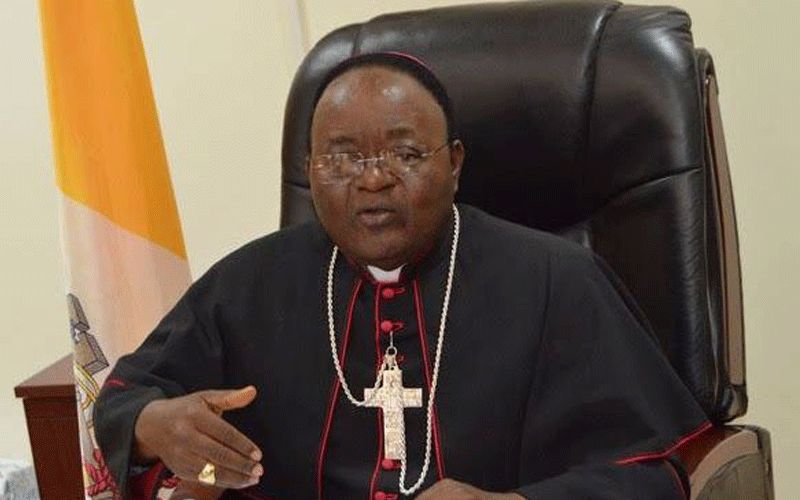Archbishop Lwanga’s decision only applies to Parishes in the Archdiocese of Kampala for in all other 14 dioceses, receiving Holy Communion in the hand is permitted.
It is also unclear the particular abuses mentioned by the Archbishop in relation to this practice that is quite widespread in Africa.
Although Archbishop Lwanga has a right to issue decrees, multiple sources in Uganda are questioning the reason for his decision to "go alone" without discussing the problem with fellow bishops of the Uganda Episcopal Conference.
According to ACI Africa’s sister agency CNA, “In 1969, five years after the conclusion of the Second Vatican Council, the Congregation for Divine Worship issued an instruction which expressed that Blessed Paul VI had determined not to change the means of administering Holy Communion to the faithful – i.e., to retain distribution of the Host on the tongue to those kneeling, rather than allowing communicants to receive the Host in their hands.”
CNA further states that, “The instruction, Memoriale Domini, indicated that where distribution of Communion in the hand already prevailed, episcopal conferences should weigh carefully whether special circumstances warranted reception of the Eucharist in the hand, avoiding disrespect or false opinions regarding the Eucharist and ill effects that might follow, and if a two-thirds voting majority decided in the affirmative, such a decision could be affirmed by the Holy See.”
On its part PrayTell referencing two statements from the Congregation for Divine Worship issued under Pope Paul VI revealed “The Holy See has made it abundantly clear that both manners of reception of Communion – on the tongue and in the hand – are permitted, that Communion should be received reverently, and that the manner of reception should not become an occasion of division in the church.”
According to PrayTell, in 1969, “permission for administering Communion in the hand was granted by the Holy See to some countries and regions under Pope Paul VI.”
Archbishop Lwanga’s controversial decision, has taken center stage on social media with various Ugandans backing the move, insisting that it is line with the doctrine of the Catholic faith.
“St Thomas Aquinas, one of the best theologians and medieval philosophers, in his teaching about the blessed sacrament of the Eucharist, emphasized receiving our Lord on the tongue because, ‘Out of reverence towards this Sacrament, nothing touches it, but what is consecrated,” Henry Stanley Tamale stated in a facebook post.
“He is absolutely right. That is the body and blood of our Lord Jesus Christ, which should be received when you are very clean in mind, heart, soul. Put your tongue brethren,” Sophie Sing Noted.








